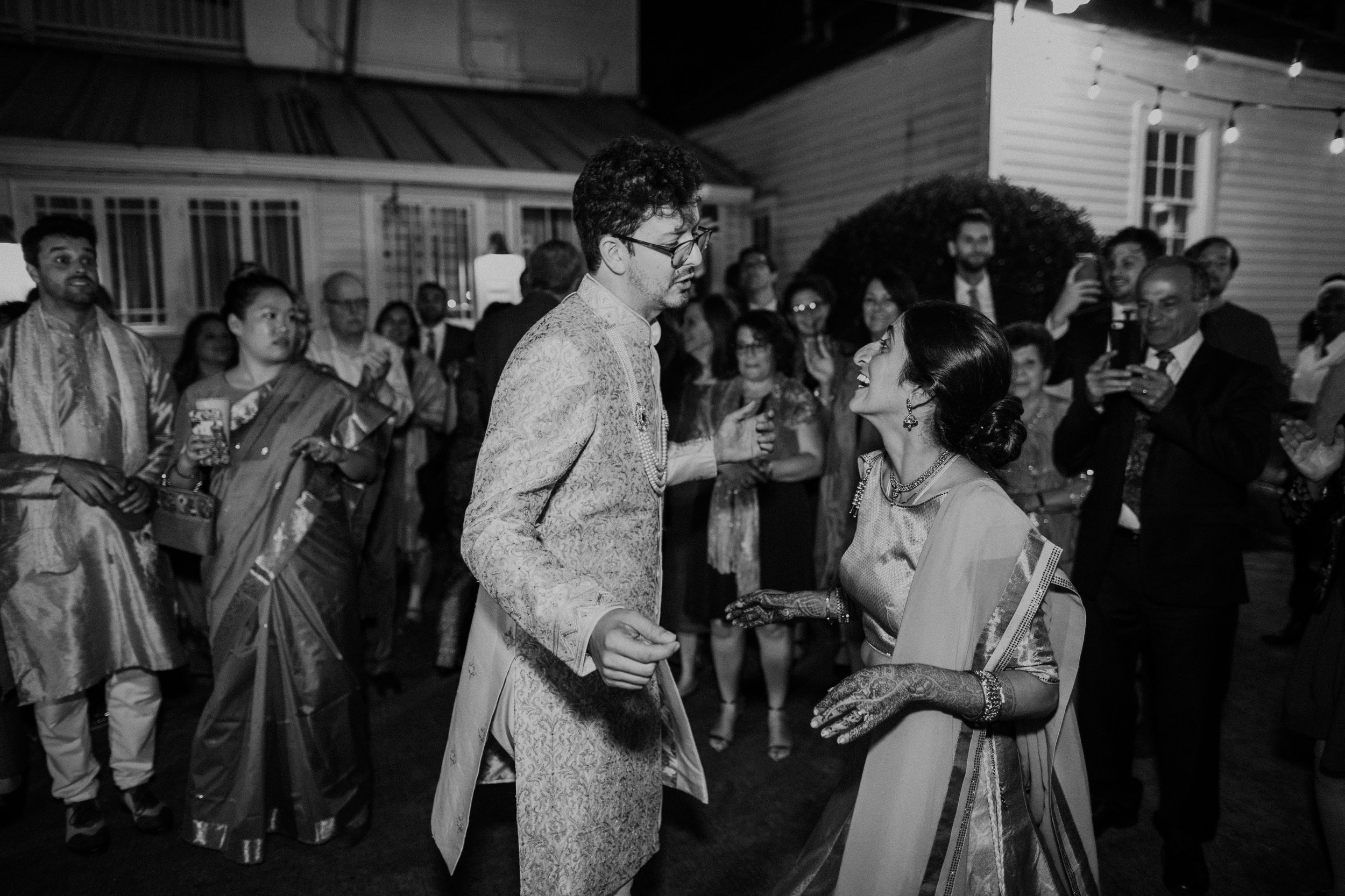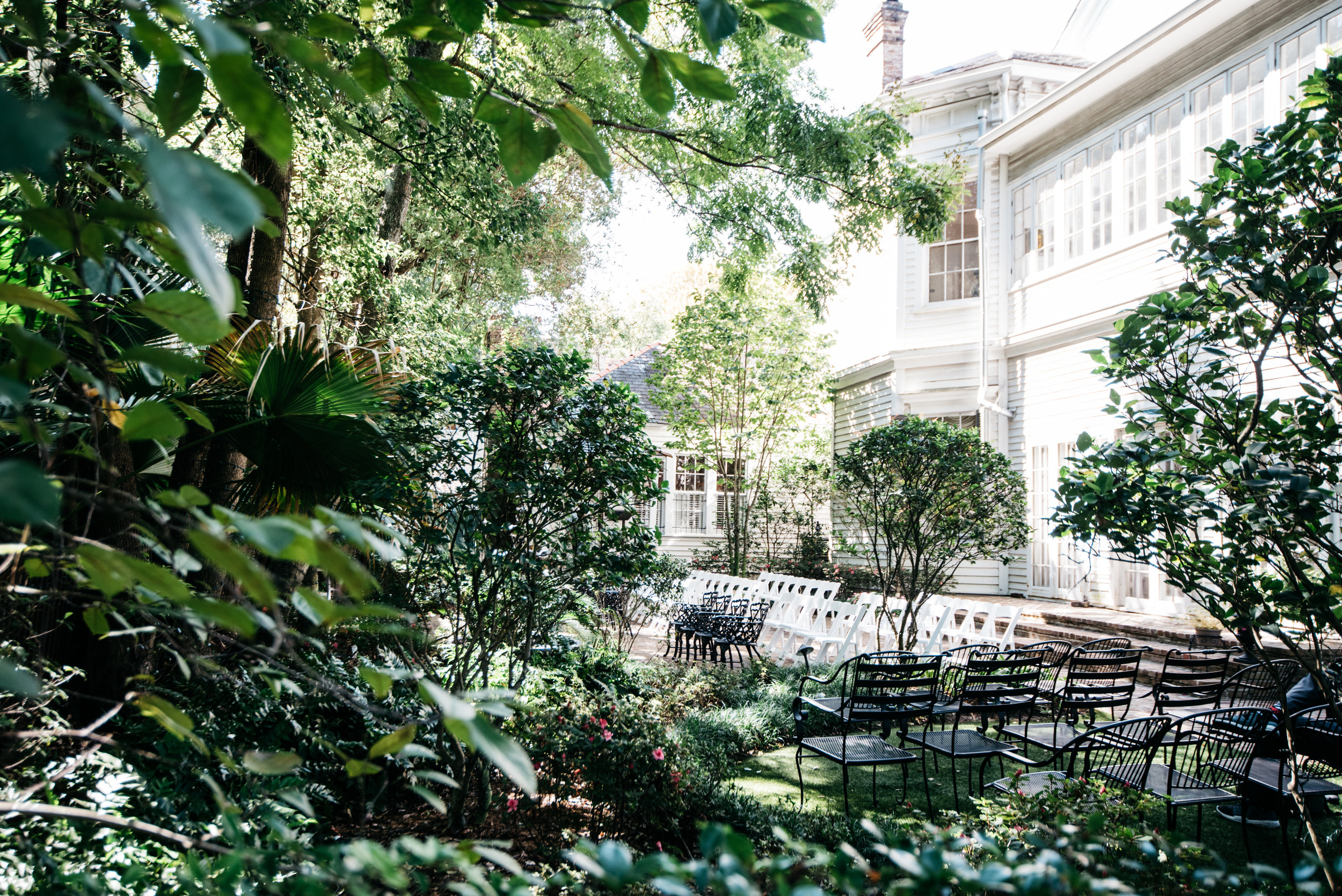We Have Always Told Our Stories
/There’s a heightened craving for authentic experiences within the cultural community; mainstream museums are capitalizing on the narratives of Black people, giving the appearance of being inclusive in this new era. They have worked to ensure (at least for the time being) that their collections, exhibitions, and public programming encapsulate this renewed interest. Black culture has taken center stage. These mainstream institutions have sought to amplify our voices and experiences. They have begun and (hopefully) will continue adding our voices into the broader ethos of American culture; however, why are these mainstream (mostly white) institutions given the opportunity to widely share Black stories?
When we say, “New Orleans history is Black history,” we (more specifically, me) mean it. New Orleans is considered one of the most Africanized cities in this country. Black people have a sense of who they are in this city. Our culture is ever present, our markers are indelible. It has been argued that this city makes its money from Black culture or Black exploitation (our tourism market is one of our greatest sources of income). A museum is an institution devoted to the procurement, care, studies, and display of objects of lasting interest or value. The first city-sanctioned Black art and history museum was established in 1996; it has been closed for almost a decade. Currently, we have nine Black museums in New Orleans: Backstreet Cultural Museum, Donald Harrison Sr. Museum, House of Dance and Feathers, Lower Ninth Ward Living Museum, Katrina National Memorial Museum, The McKenna Museums (Le Musee de f.p.c. and The George and Leah McKenna Museum of African American Art), Treme’s Petite Jazz Museum, and Voodoo Spiritual Temple. These institutions are privately owned and operated by African Americans who found it necessary to insert our voice into the larger cultural conversation. We are at the forefront of telling our history. Our isolation from the status quo has given us the significant advantage to keeping it real. We get to speak our unedited truth with no strings attached. Black institutions and minority operated institutions are the authenticity that the mainstream has been seeking; however, we continue to be overlooked and undervalued. While these obstacles exist within our small Black institutions, we continue to strive forward and share our narrative with a loud voice. We continue to develop strategies, community partnerships, co-opts, and coalitions to pull resources together. All yielding various success rates.
Recently, in New Orleans and the world, we have reached an impasse. Generally, we have finally recognized the importance of our own spaces while submitting ourselves into the world at large. We have allowed ourselves to be placed at the center of conversations without being the leaders of them. We have allowed a city that has commodified us to render us helpless in defense of our culture by underfunding city agencies put in place to be our voice. Black sacred spaces have always existed. They have been telling our narratives, they have rejoiced in small triumphs with no support from the mainstream community and little help from our own community. How many of us have visited, become members, or advocated for our institutions? How many of us know that we even exist? We are glad for our inclusion into the mainstream story; however, is it “our narrative?” No, because it has been edited, rewritten, and given to us in a way that we cannot understand. So, “Yes” we should be welcomed into those public spaces, but is it truly designed for us?
We do not need validation from anybody except our own. Keep In Mind that we have always told our stories, both individually and collectively. If we want to maintain the ownership of our experiences, we must support our artists, storytellers, businesses, newspapers, cultural institutions, and schools. We must advocate for ourselves on a local, state, and national level. We are who we've been waiting for, and it’s time to recognize that.












